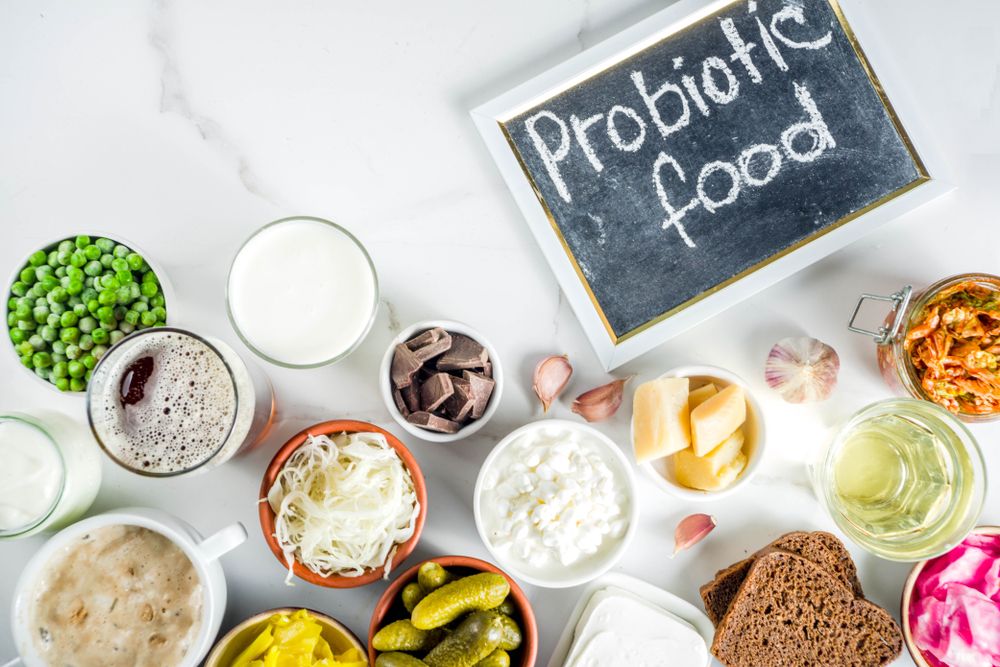You're likely familiar with probiotics, the beneficial bacteria in your gut that play various roles, including aiding digestion and weight management. To support the thriving of these gut bugs, they require prebiotic foods as their fuel source. While supplements are an option, many everyday foods naturally provide this essential fiber.
Fortunately, numerous prebiotic foods are staples in the American diet and can be seamlessly integrated into your meal plan for improved digestive health. While some types of fiber, such as the roughage in leafy greens and nuts, promote digestive regularity, others, like the soluble fiber found in certain foods, offer specific prebiotic benefits.
If you're interested in nurturing the beneficial bacteria in your gut, which can also contribute to overall wellness, explore these 10 prebiotic foods known for enhancing gut health.
1) Chicory root

Among the foods listed, chicory root stands out for its frequent use as a dietary supplement. Renowned for its coffee-like flavor and rich antioxidant content, chicory root also serves as a source of prebiotic fiber known as inulin. This fiber can support digestion and potentially help regulate blood glucose levels.
To include chicory root in your daily routine, consider replacing your regular coffee grounds with chicory root granules. Alternatively, explore protein powders, snack bars, and yogurts that incorporate chicory root as an ingredient.
2) Onions
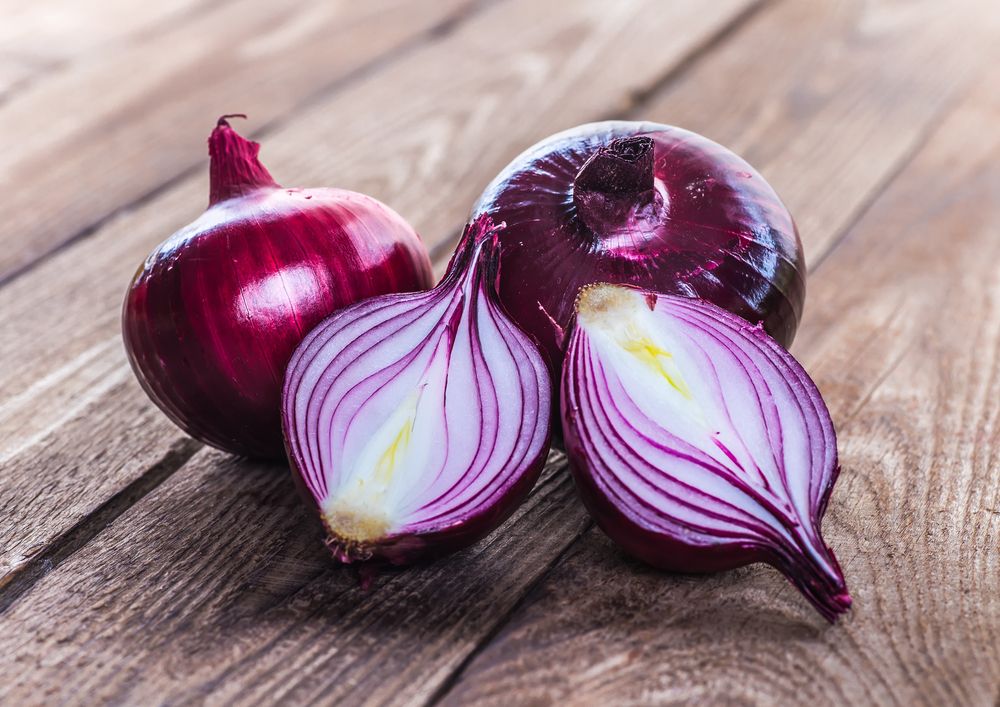
Famous for their strong flavor and aroma, onions are rich in inulin and fructooligosaccharides (FOS), a type of carbohydrate. Extracted from food, FOS can serve as a low-calorie sugar alternative and acts as a prebiotic.
Incorporating raw or cooked onions into your meals is an excellent strategy to increase your intake of prebiotics and antioxidants.
3) Garlic
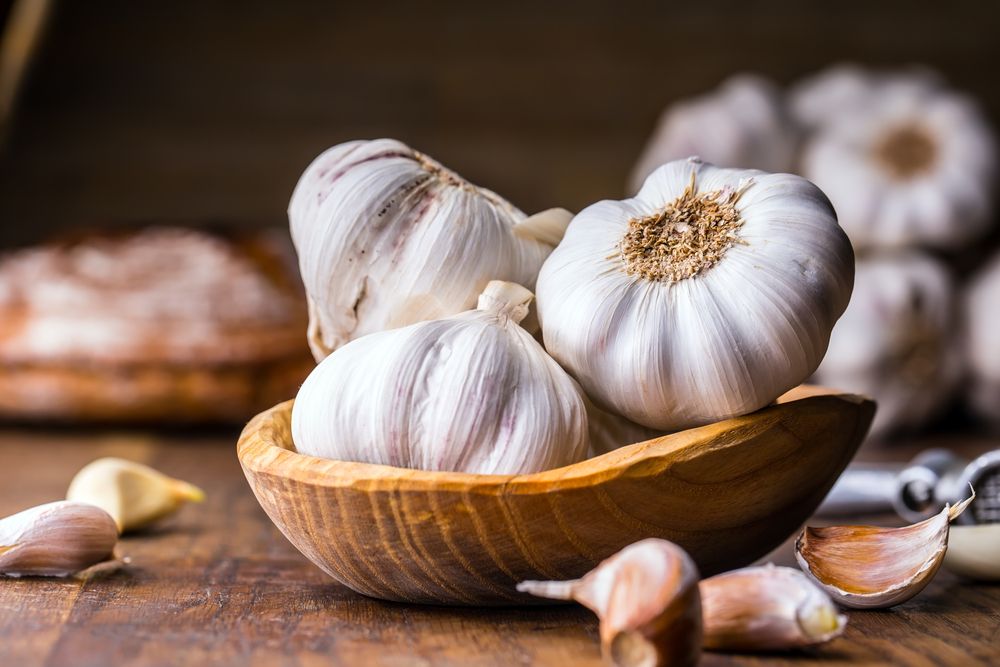
While garlic may not be high in dietary fiber, it still offers various advantages for gut health. Research indicates that garlic acts as a prebiotic, fostering the growth of beneficial gut bacteria while inhibiting harmful bacteria. These dual mechanisms suggest that garlic could play a role in promoting gut health. Whether consumed raw or cooked in dishes or taken as a supplement for a more concentrated dose, incorporating garlic into your diet can be beneficial.
4) Bananas
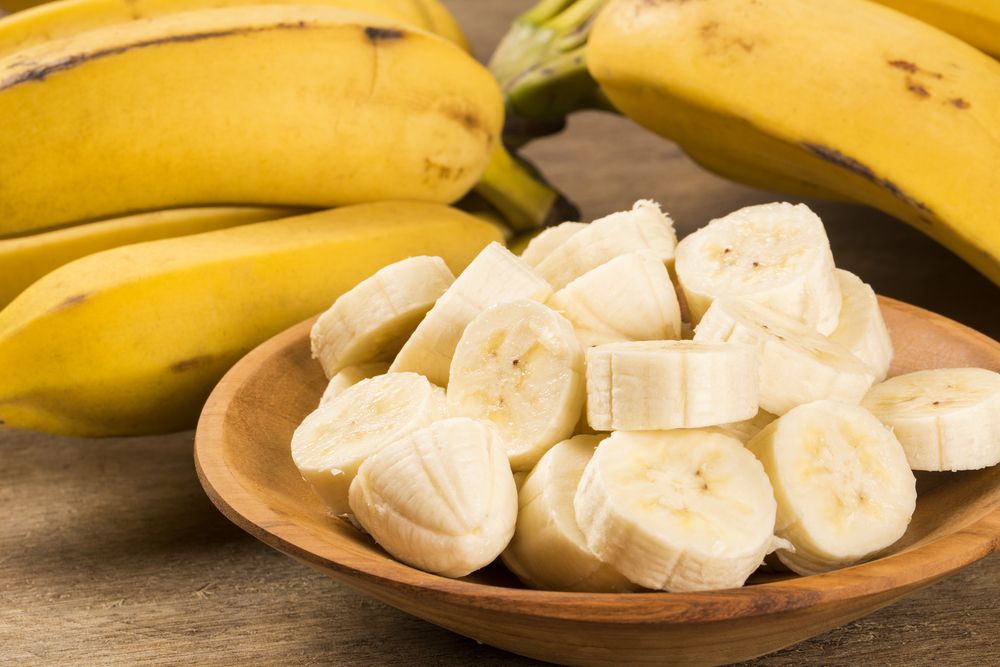
When seeking convenient snacks with prebiotic benefits, prioritize bananas. They not only offer fiber, vitamins, and minerals but also contain resistant starch. Resistant starch is most abundant in unripe bananas and has demonstrated prebiotic effects in studies. Whether enjoyed as a standalone snack or meal accompaniment, or blended into a breakfast smoothie, bananas provide a tasty and nutritious source of prebiotics.
5) Oatmeal
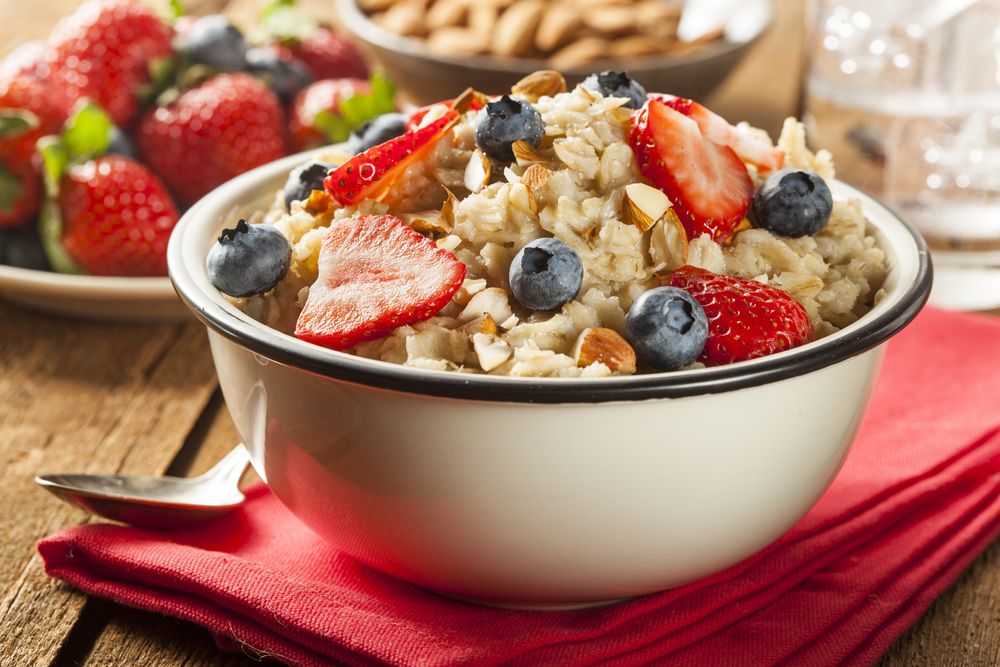
When it comes to breakfast options, oats stand out as a superb source of fiber, along with containing a portion of resistant starch. The prebiotic qualities of oatmeal, particularly due to the beta-glucan fiber they contain, have been well-documented for their ability to foster a healthy gut microbiome and enhance blood cholesterol levels.
Oats offer versatility in consumption; they can be cooked, eaten raw (as in overnight oats), added to baked goods, blended into smoothies, or enjoyed in the classic form of warm oatmeal. Pairing oats with another prebiotic source, such as a banana, further enhances their nutritional value.
6) Apples
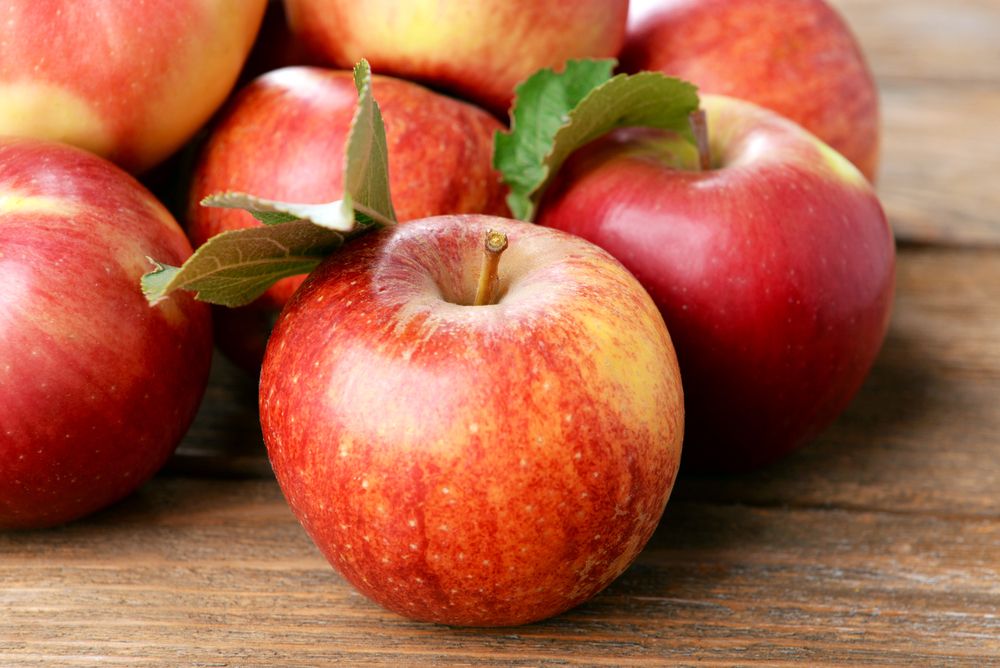
Yet another fruit boasting prebiotic advantages, apples can seamlessly integrate into meals and snacks, offering natural sweetness, a gratifying crunch, and healthful properties. Packed with pectin, a type of soluble fiber serving as a prebiotic, apples facilitate butyrate production in the gut, thereby nourishing beneficial probiotics while diminishing the presence of detrimental bacteria.
Delight in apples paired with nut butter for a delectable snack, incorporate them into salads to add sweetness and texture or utilize them in cooking to create enticing fruit-based desserts.
7) Flaxseeds
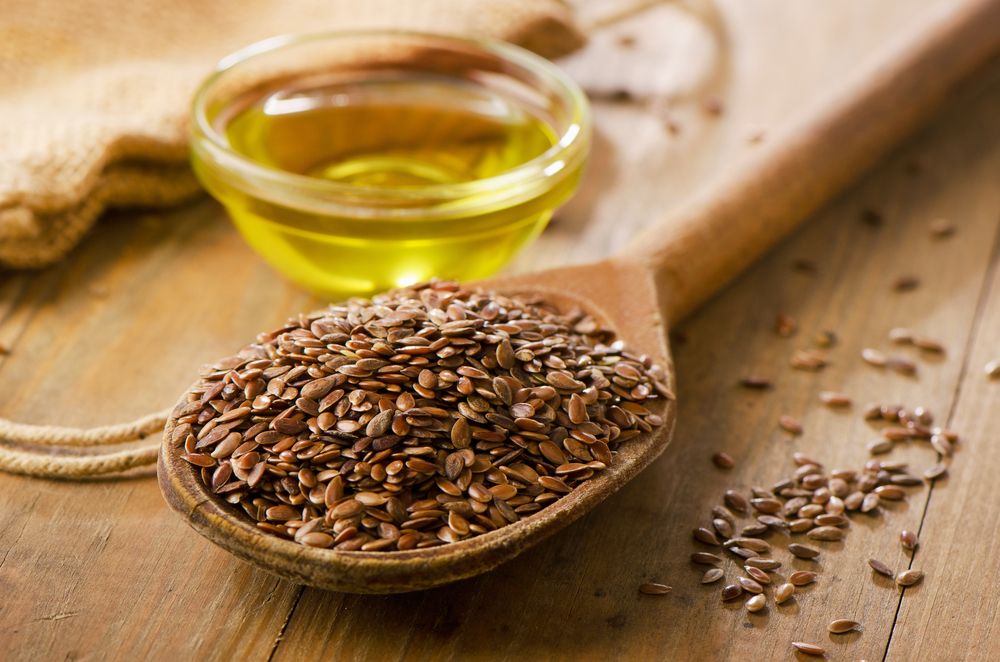
For smoothie enthusiasts, flaxseeds make an excellent addition to your blender. These seeds offer valuable omega-3 fats, and antioxidants, and serve as a source of prebiotics. With their fiber content, flaxseeds promote a healthy gut microbiome and aid in maintaining digestive regularity.
Flaxseeds can be consumed whole or ground. Incorporate them into smoothies, bake them into goods, or sprinkle them over oatmeal for a nutritious boost.
8) Asparagus
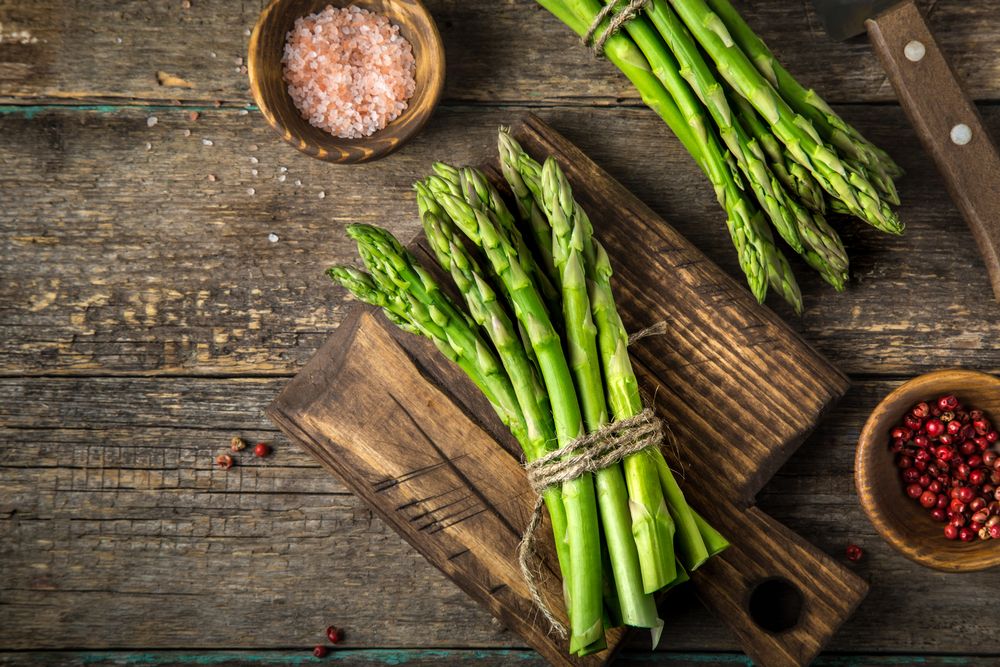
Containing inulin, a soluble fiber acting as a prebiotic, this verdant vegetable supports the growth of Bifidobacteria, one of the beneficial microbes in your gut. Additionally, research indicates that asparagus may possess anti-inflammatory properties, offering further health benefits beyond its prebiotic function.
Savor asparagus either raw or cooked in your preferred savory dishes to enjoy its nutritional advantages.
9) Wheat products
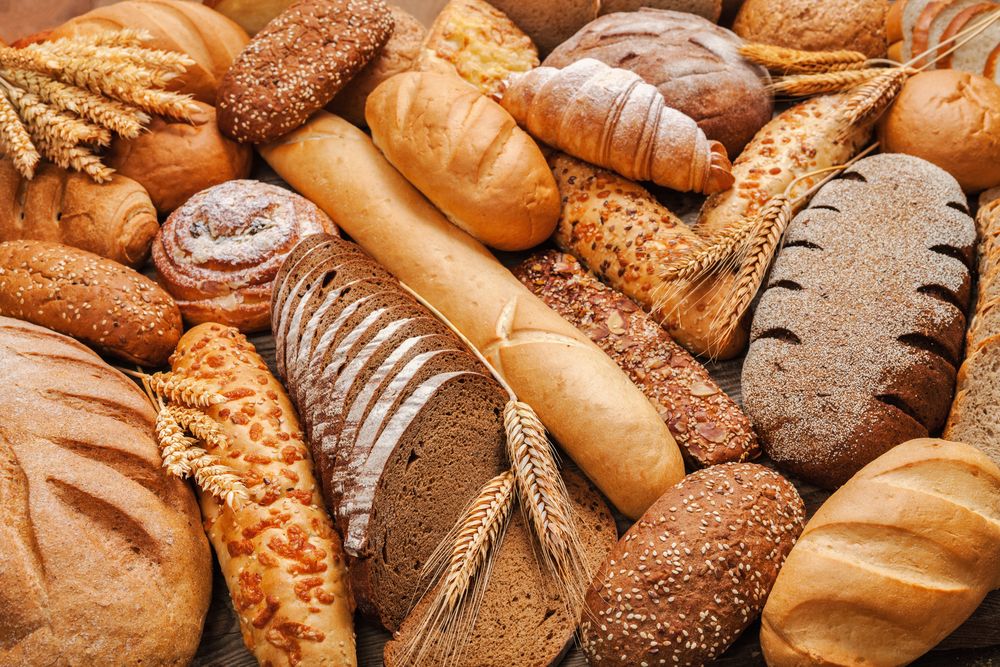
Products containing wheat bran, such as cereal, bread, and various others, offer prebiotic benefits. The particular fiber found in wheat bran fosters the growth of beneficial Bifidobacteria in the gut, promoting digestive well-being and potentially alleviating certain digestive issues.
Opt for wheat-based foods like pasta, bread, and crackers with whole wheat listed as a primary ingredient to maximize these prebiotic benefits.
10) Beans
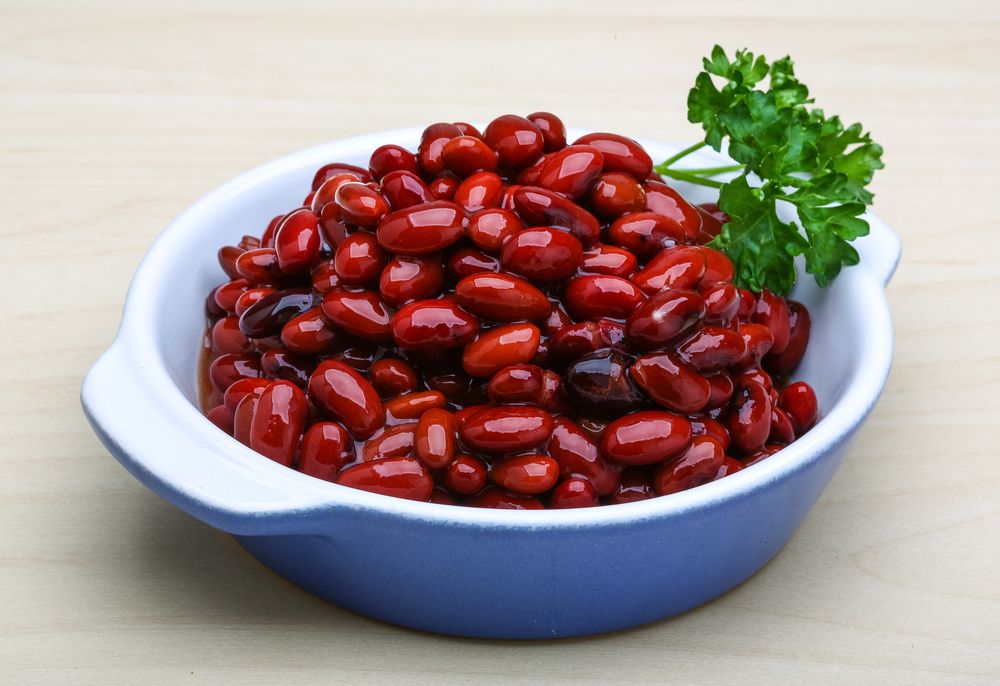
Beans offer abundant fiber and prebiotics across a wide range of varieties in this food group. A study highlighted the positive impact of incorporating navy beans into one's diet, leading to enhancements in gut microbiome health, which could potentially aid in cancer prevention and benefit other aspects of digestive wellness.
Navy beans aren't the sole legume rich in soluble fiber, so integrating beans into your preferred salad and soup recipes, serving them as a side dish alongside lean protein and vegetables, or combining them with other prebiotic sources like onion and garlic can create meals brimming with nutritional advantages.

